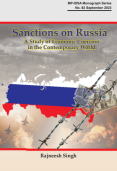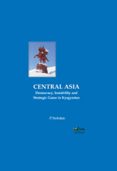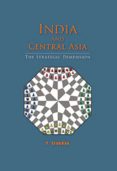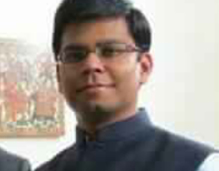Now The Right in Berlin: The German Elections of 2017
The CDU’s likely coalition partners are the Green Party and the Free Democrats. Such a coalition can work because all partners share a common design on European Unity and socio-economic policies at home.
- Bharat Wariavwalla
- September 26, 2017









